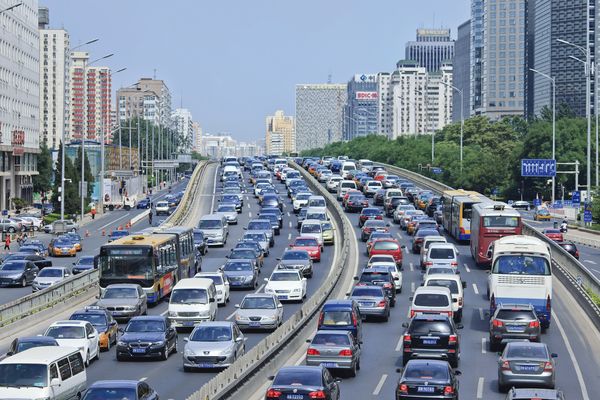A £48-billion scheme to take water from the wet south of China to supply drought-addled Beijing and its surrounding regions has displaced hundreds of thousands of villagers.
When China announced plans to construct the world’s largest water transfer project, citizens of the affected Hubei Province were promised they would be rewarded with better lives far from their native homeland.
In December 2014 water began flowing along the central route of the South-North Water Diversion project, bringing citizens of Beijing access to free-flowing faucets and delivering water that may have originated as far south as the Han River.
Elsewhere, more than 300,000 people who made way for the project have been left living in inferior housing and with ruined livelihoods.
Wang Yanhe was born in Danjiangkou in 1979 and made his living growing grains on his land between a small stream and a lush hillside. In 2009 he was informed that he would need to make way for the project, which would soon leave his entire village submerged under water.
Yanhe and his family were given a home by the government in the Heba New Migrant Village in rural Pingdingshan, and have struggled with water shortages ever since. “Nothing is as good as before. After we arrived, we realised that the land was all dry,” he said. “So it doesn’t even matter what they promised us.”
The South–North Water Diversion project was born from a vision of Chairman Mao in the 1950s, when he made the casual observation: “The south has plenty of water, but the north is dry. If we could borrow some, that would be good.”






